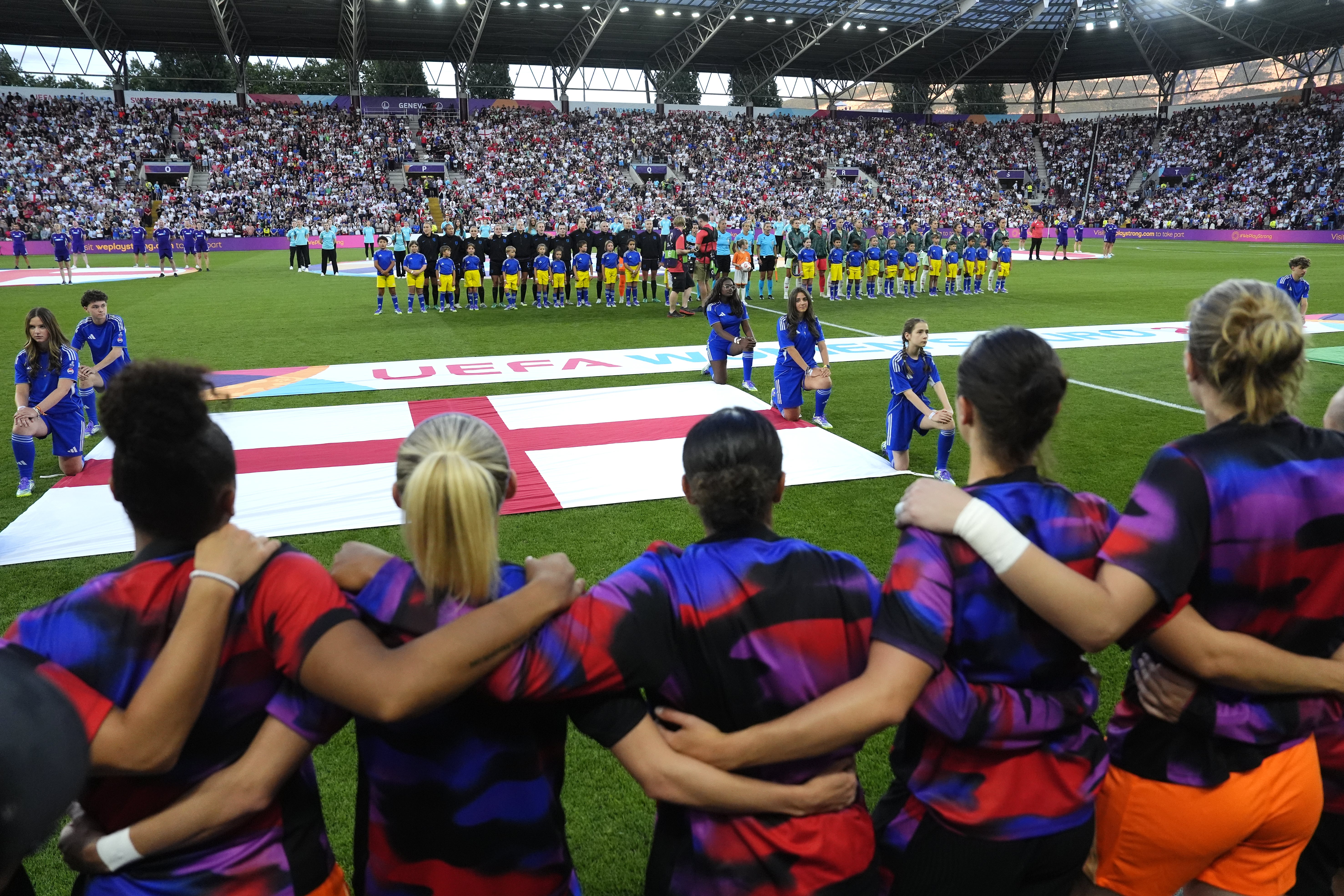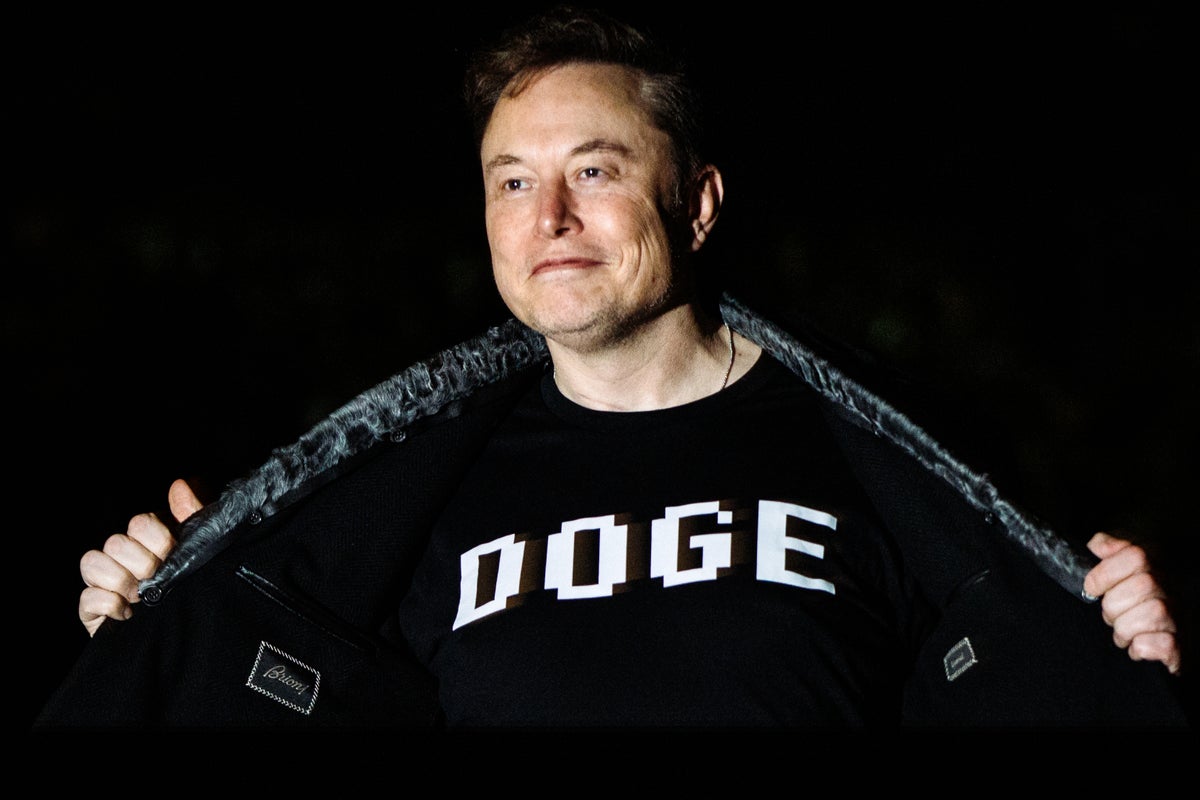When centre-back Jess Carter stepped onto the pitch at Euro 2025 with her England teammates, she wasn’t just playing a game; she was carrying a generation’s hopes. But what should have been a time of celebration quickly saw people flood her with racist abuse through social media.
Last Sunday, Carter revealed she was stepping away from social media because she had received appalling comments from people cloaked in anonymity. Before Tuesday’s match against Italy, the Lionesses stood together shoulder to shoulder, in an active gesture of solidarity to show that racism would not be tolerated – a gesture that is likely to be repeated in Sunday’s final against Spain.
Racism against footballers is a story we have seen play out far too many times in the decades that Black athletes have played for British clubs. And it’s one we all have a responsibility to change.
However, the social media platforms where this hate spreads are enabling it, and their leaders have a particular responsibility to bear. Their systems are designed to maximise long scroll times and to prioritise outraged reactions so that they can serve people more ads and make more money – all at the cost of our mental health. When posts that spark anger and division rise to the top, abuse becomes part of the business model. No one should have to endure this just for doing their job.
It is possible to do social media better. In 2022, I founded WeAre8, a social network designed to fuel positive mental health at scale. From the beginning, we built a platform grounded in respect, community, and accountability. A powerful AI shield detects and blocks abuse in content and comments before it reaches people’s feeds.
We’ve made intentional design choices that protect our community: no anonymous posting, no hate-amplifying algorithms, and no tolerance for discrimination. It works. And it proves that a safer, more respectful internet is not only possible — it’s already here. And it is inspiring. Positivity and unlocked algorithms are great entertainment; we just have not experienced this as a collective until now.

The beautiful thing is that all the positives of real social connection are supercharged. And all we need is to stand together and choose the alternative. Nothing speaks louder to abusers than leaving the room, as we’ve seen with the exodus of users from Elon Musk’s X to BlueSky.
The FA has a long and proud history of supporting its players and leading change in football. But in a world where governments and the American Supreme Court cannot get Meta and Mark Zuckerberg to change, I am not sure that the FA can either. Meta has no interest in changing. The power, and in my opinion, the only thing that will work, is the collective voice of its users voting with their feet and changing the platforms they use.
Football is about unity, passion, and pride. But we can’t claim those values if we don’t realise that our own actions matter. When faced with abuse, what do we do? Scroll through the comments like a bystander or leave the room in support of the person being abused?
Jess Carter shouldn’t have to be resilient in the face of racism. She should be protected from it.
The truth is, we don’t have to accept social media as it is. And you have the power to be part of a movement of people who changed the course of history and ended racism on social media.
So to every football fan, every player and all institutions who love the game: draw a line. Stop feeding the systems that fuel and monetise abuse. Stand with your players not just in the stadium – but in every space they’re seen and celebrated.
Social media doesn’t have to be a battleground. It can and should be a home. The choice is yours.
Zoe Kalar is the founder and CEO of the social media platform WeAre8




